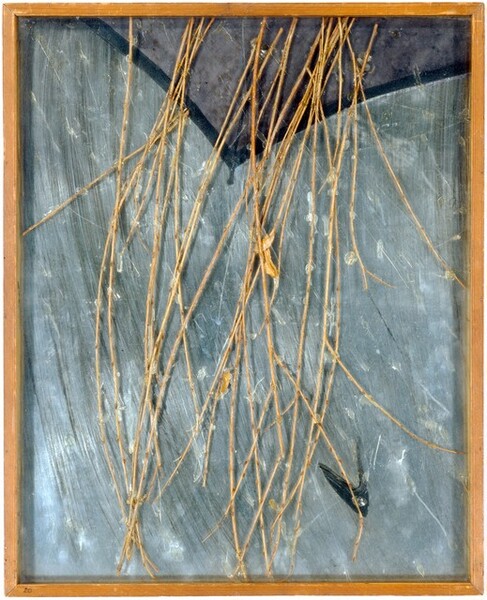A Rainy Day
By Lottie Burrell Dixon
Annotations by Rene Marzuk

Outside I hear the dashing rain Fall full against the window pane. On such a day, the fire aglow, An easy chair, a book or so,– What more would I that fortune bring? Yet hark! I hear a step–a ring– And close to heart and hearth I fold My friend, who guessed my wish untold. For other joys I do not pray, Content am I this rainy day.
DIXON, LOTTIE BURReLL. “A RAINY DAY.” THE CRISIS, NO. 6 (OCTOBER 1914): 274.
Contexts
Starting in 1912, the October issues of The Crisis, the official magazine of the NAACP, were dedicated to children. A typical edition of these children’s numbers would contain a special editorial piece and two or three literary works specifically for children, while still including the serious pieces about contemporary issues with a focus on race that The Crisis was known for. These October numbers were sprinkled with children’s photographs sent in by the readers.
In his first editorial for the Children’s number in 1912, W. E. B. Du Bois wrote that “there is a sense in which all numbers and all words of a magazine of ideas myst point to the child—to that vast immortality and wide sweep and infinite possibility which the child represents.”
The success of The Crisis’ children’s number led to the standalone The Brownies’ Book, a monthly magazine for African American children that circulated from January 1920 to December 1921 under the editorship of Du Bois, Augustus Granville Dill, and Jessie Fauset.
Dixon’s “A Rainy Day” also appeared in 1916 in American Cookery, a monthly journal published in New York.
Definitions from Oxford English Dictionary:
- dashing: That dashes; that beats violently against something; splashing.